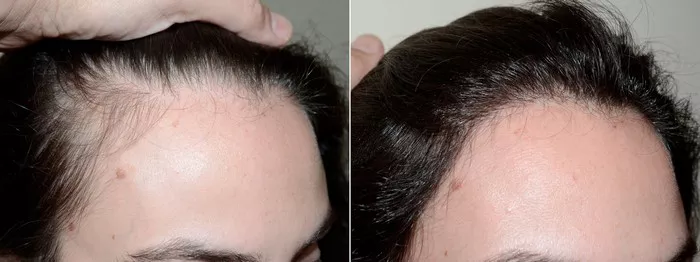Hair loss can be a distressing experience for both men and women, affecting not just physical appearance but also self-esteem and confidence. While various treatments and remedies exist, one of the most popular and effective solutions is hair transplant surgery. But just how effective is this procedure, and what can individuals expect from it? In this comprehensive article, we will delve into the effectiveness of hair transplant surgery, exploring its benefits, considerations, and potential outcomes.
Understanding Hair Transplant Surgery
Hair transplant surgery involves the extraction of hair follicles from one part of the body, typically the back or sides of the scalp where hair is abundant, and transplanting them into areas experiencing hair loss or thinning. The procedure has evolved significantly over the years, with advancements in techniques such as Follicular Unit Transplantation (FUT) and Follicular Unit Extraction (FUE). These methods allow for more precise and natural-looking results, minimizing scarring and downtime.
Evaluating Effectiveness
1. Natural Appearance: One of the primary goals of hair transplant surgery is to achieve a natural appearance. Modern techniques, particularly FUE, enable surgeons to transplant individual follicular units, mimicking the natural hair growth pattern. When performed by a skilled and experienced surgeon, the results can be remarkably natural, making it difficult for others to discern that a transplant has been done.
2. Permanent Solution: Unlike some topical treatments or medications that may only slow down hair loss temporarily, hair transplant surgery offers a permanent solution for many individuals. The transplanted hair follicles are typically resistant to the effects of Dihydrotestosterone (DHT), the hormone responsible for hair miniaturization in conditions like male pattern baldness. As a result, the transplanted hair tends to be long-lasting, providing enduring results.
3. Increased Hair Density: Another measure of effectiveness is the improvement in hair density achieved through transplant surgery. While it may not fully restore hair to its original density, particularly in advanced cases of hair loss, a significant increase in density can often be achieved, enhancing the overall appearance of the hairline and scalp.
4. Psychological Benefits: Beyond the physical improvements, hair transplant surgery can have profound psychological benefits. Restoring a full head of hair can boost self-confidence, improve body image, and alleviate feelings of self-consciousness associated with hair loss. Many individuals report enhanced social interactions and a greater sense of well-being following successful hair transplant procedures.
Factors Affecting Effectiveness
1. Candidate Selection: Not everyone experiencing hair loss is an ideal candidate for hair transplant surgery. Factors such as the extent of hair loss, the quality of the donor hair, scalp laxity, and overall health must be considered. A thorough evaluation by a qualified surgeon is necessary to determine suitability for the procedure.
2. Technique and Skill: The effectiveness of hair transplant surgery largely depends on the technique used and the skill of the surgeon performing the procedure. Experienced surgeons with a keen understanding of aesthetic principles can achieve superior outcomes compared to inexperienced practitioners. Patients should research and choose a board-certified surgeon with a proven track record of successful hair transplant surgeries.
3. Post-operative Care: Following surgery, proper post-operative care is crucial for optimal results. Patients must adhere to the surgeon’s instructions regarding wound care, medication usage, and activity restrictions. Failure to follow these guidelines can increase the risk of complications and compromise the effectiveness of the procedure.
4. Patient Expectations: Realistic expectations are paramount in assessing the effectiveness of hair transplant surgery. While significant improvements can be achieved, it’s essential for patients to understand that hair transplant surgery is not a miracle cure. The final results may take several months to fully manifest as the transplanted hair grows and matures. Additionally, some individuals may require multiple sessions to achieve their desired outcome.
Conclusion
Hair transplant surgery has emerged as a highly effective solution for addressing hair loss and restoring a natural-looking appearance. With advancements in techniques and technology, along with skilled practitioners, individuals can achieve significant improvements in hair density and overall aesthetic outcomes. However, success hinges on various factors, including patient selection, surgical technique, and post-operative care. By understanding these considerations and managing expectations, individuals can make informed decisions about pursuing hair transplant surgery as a viable option for hair restoration.


